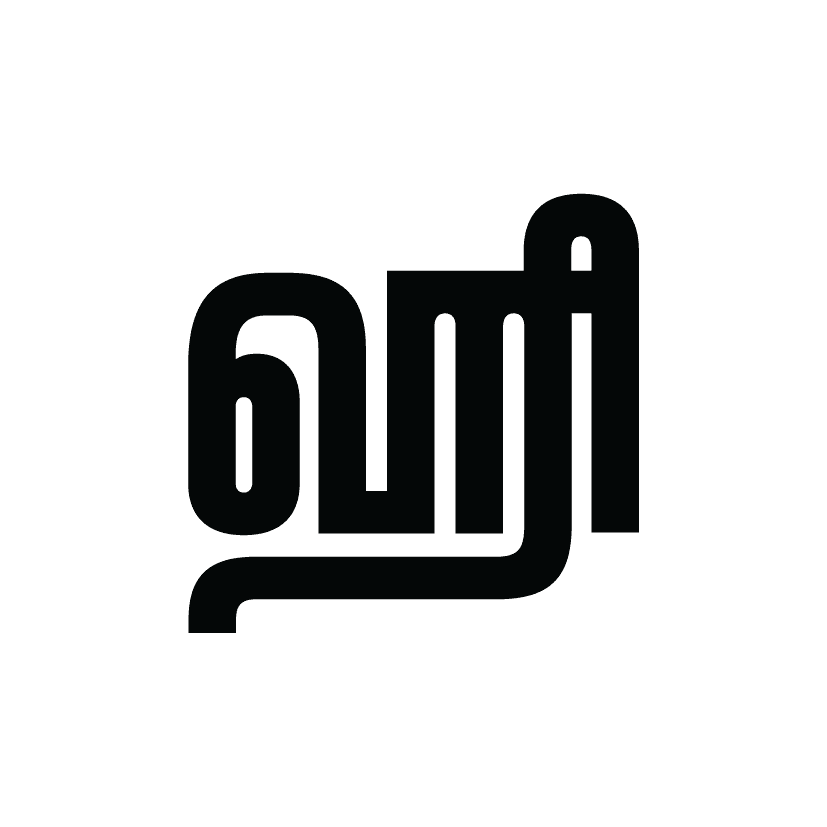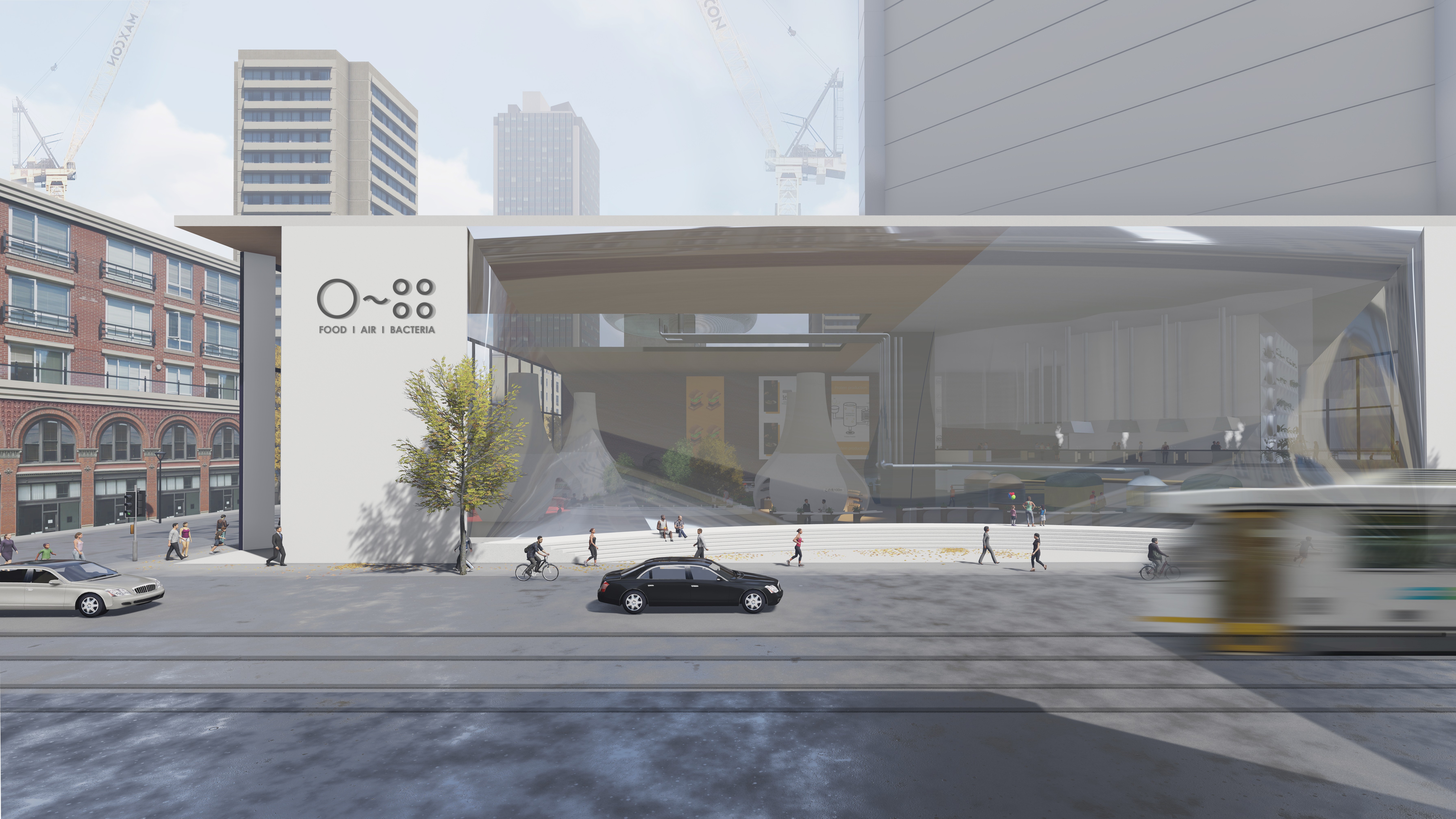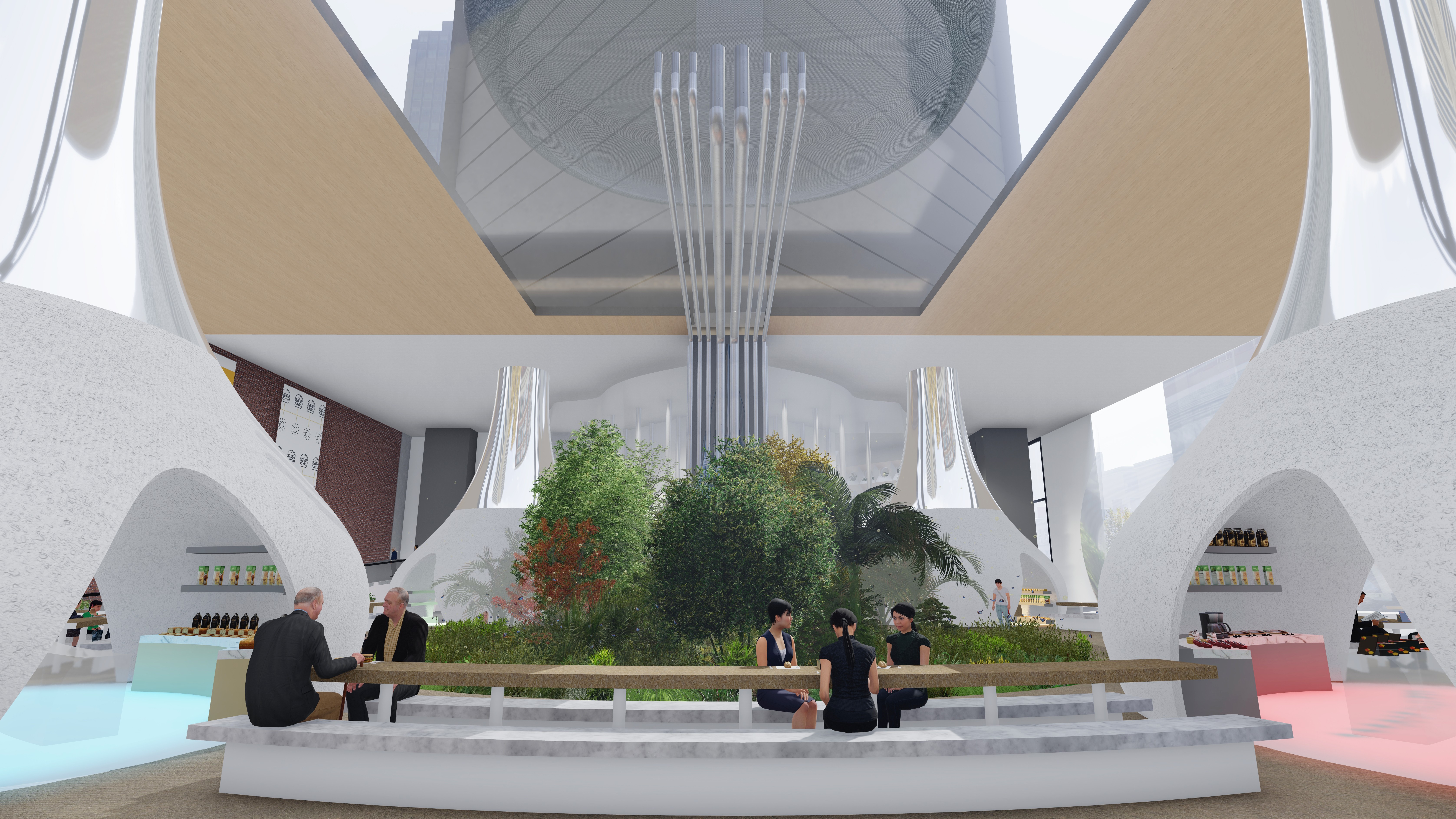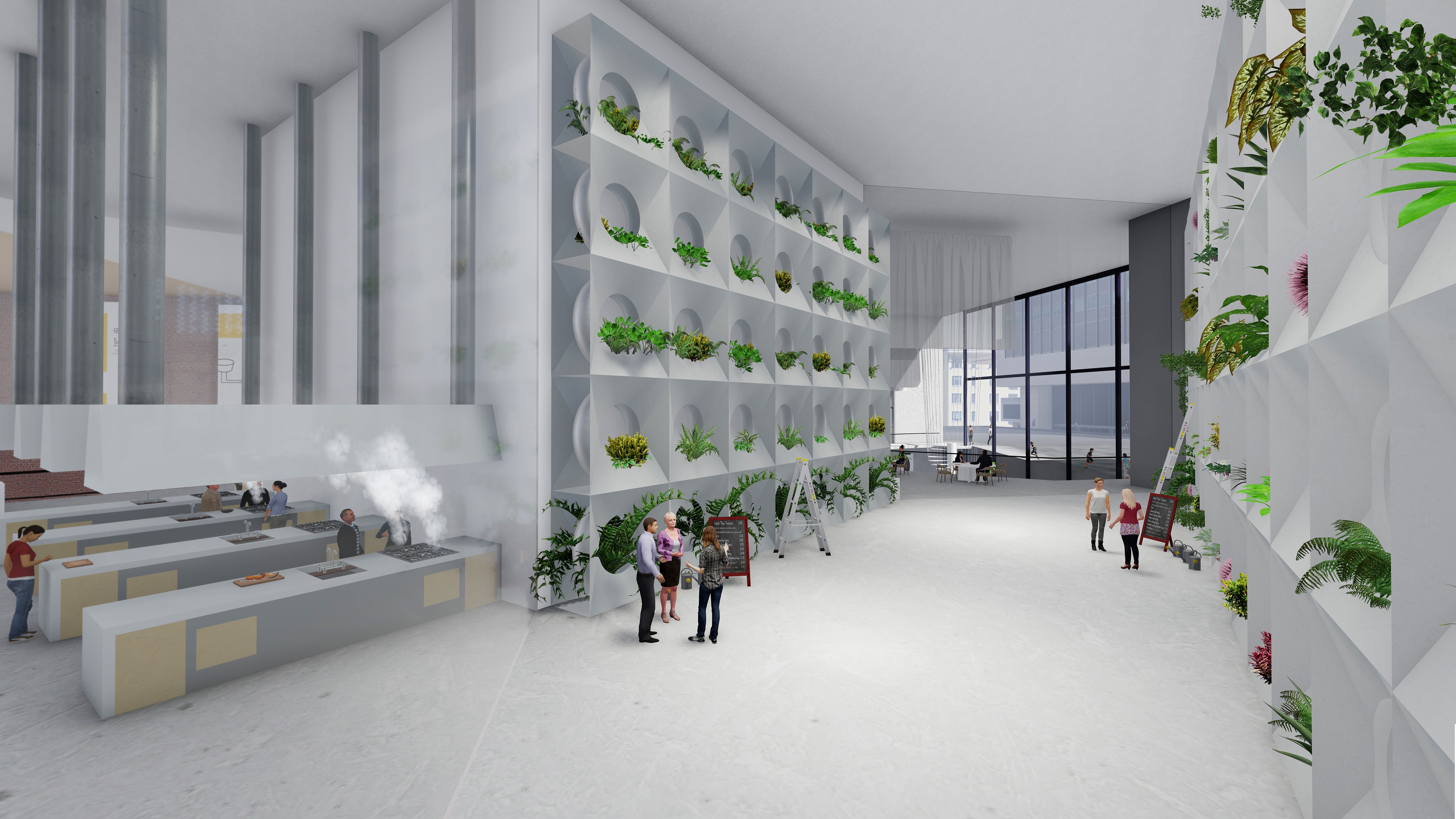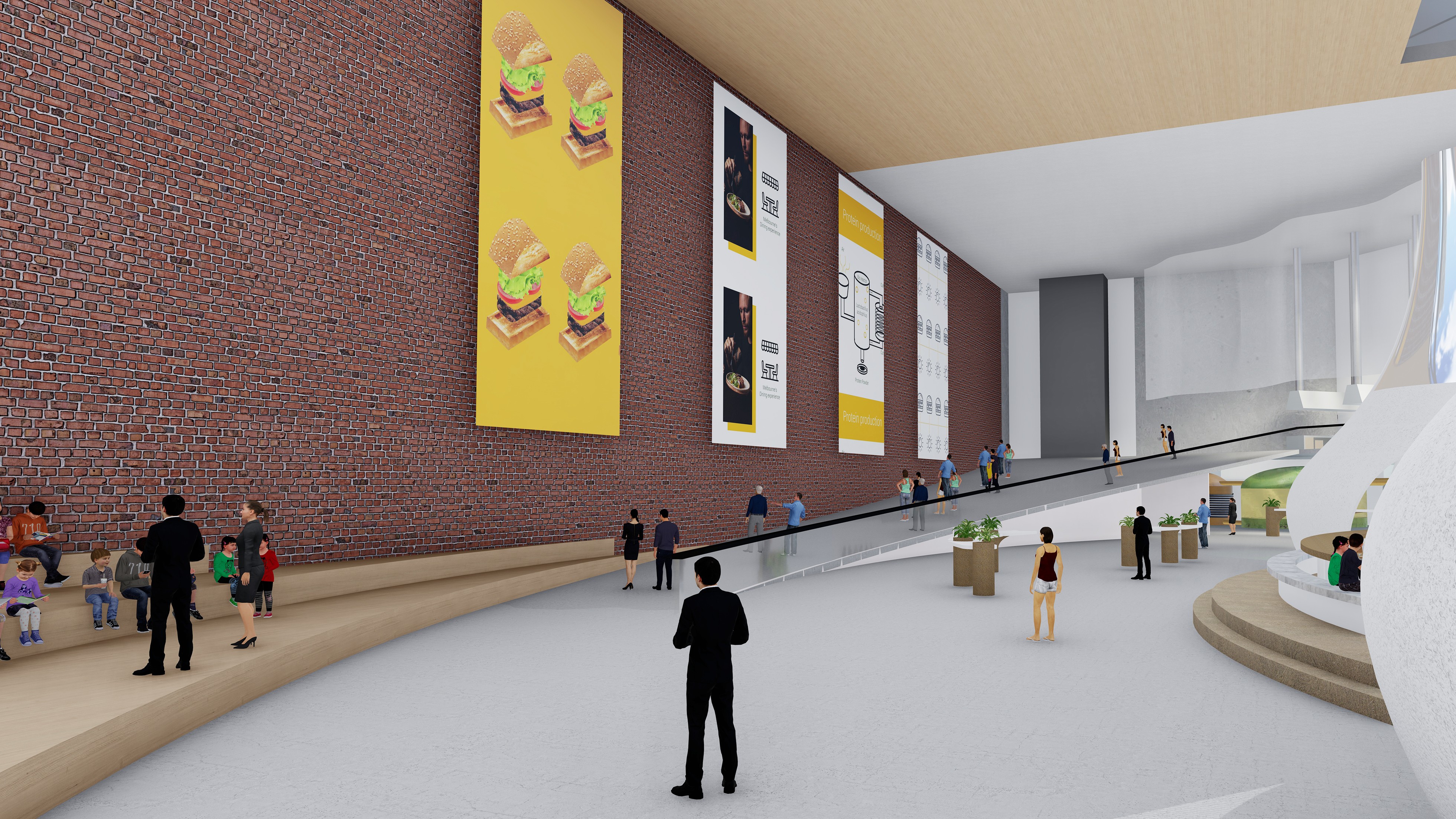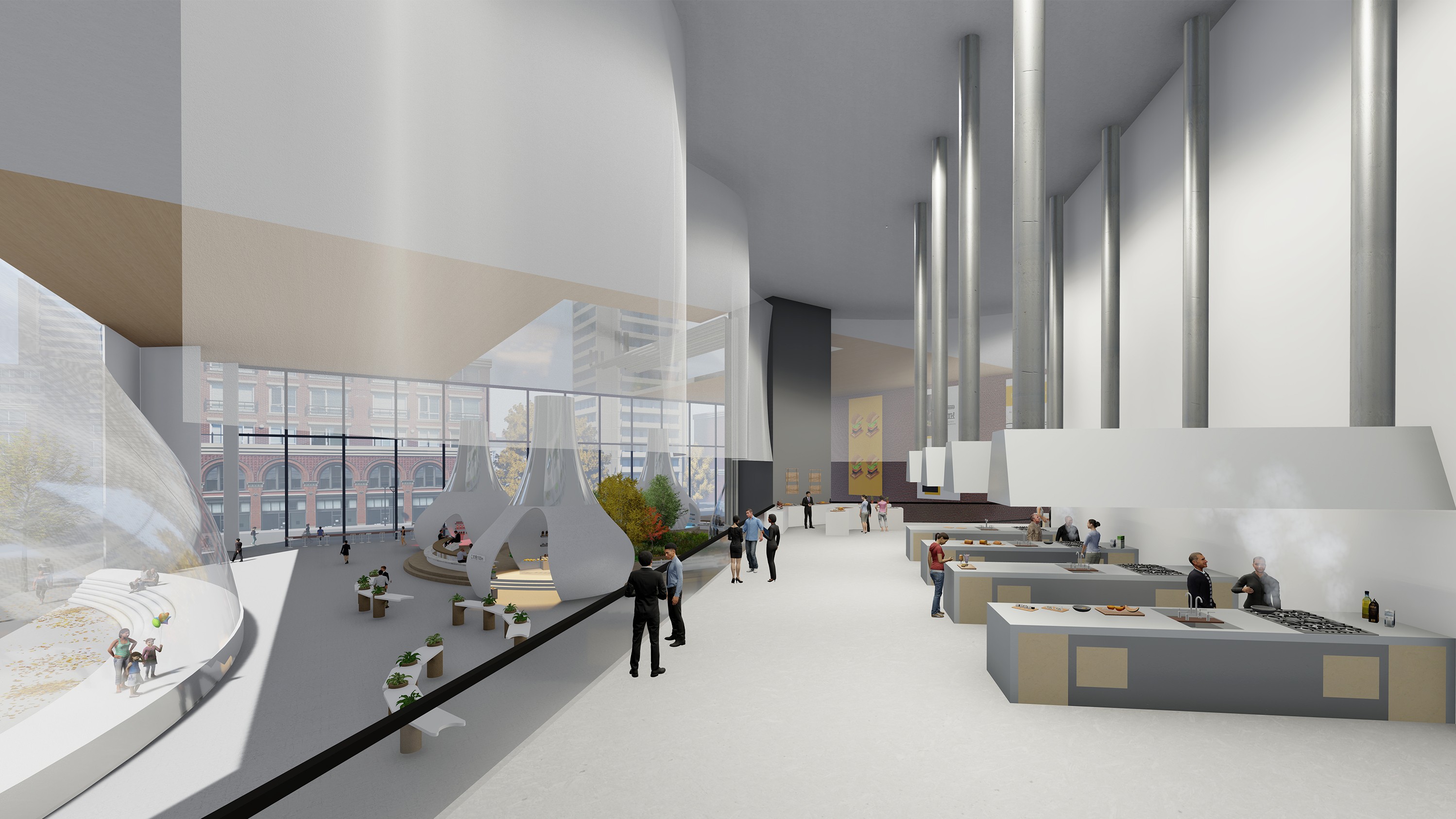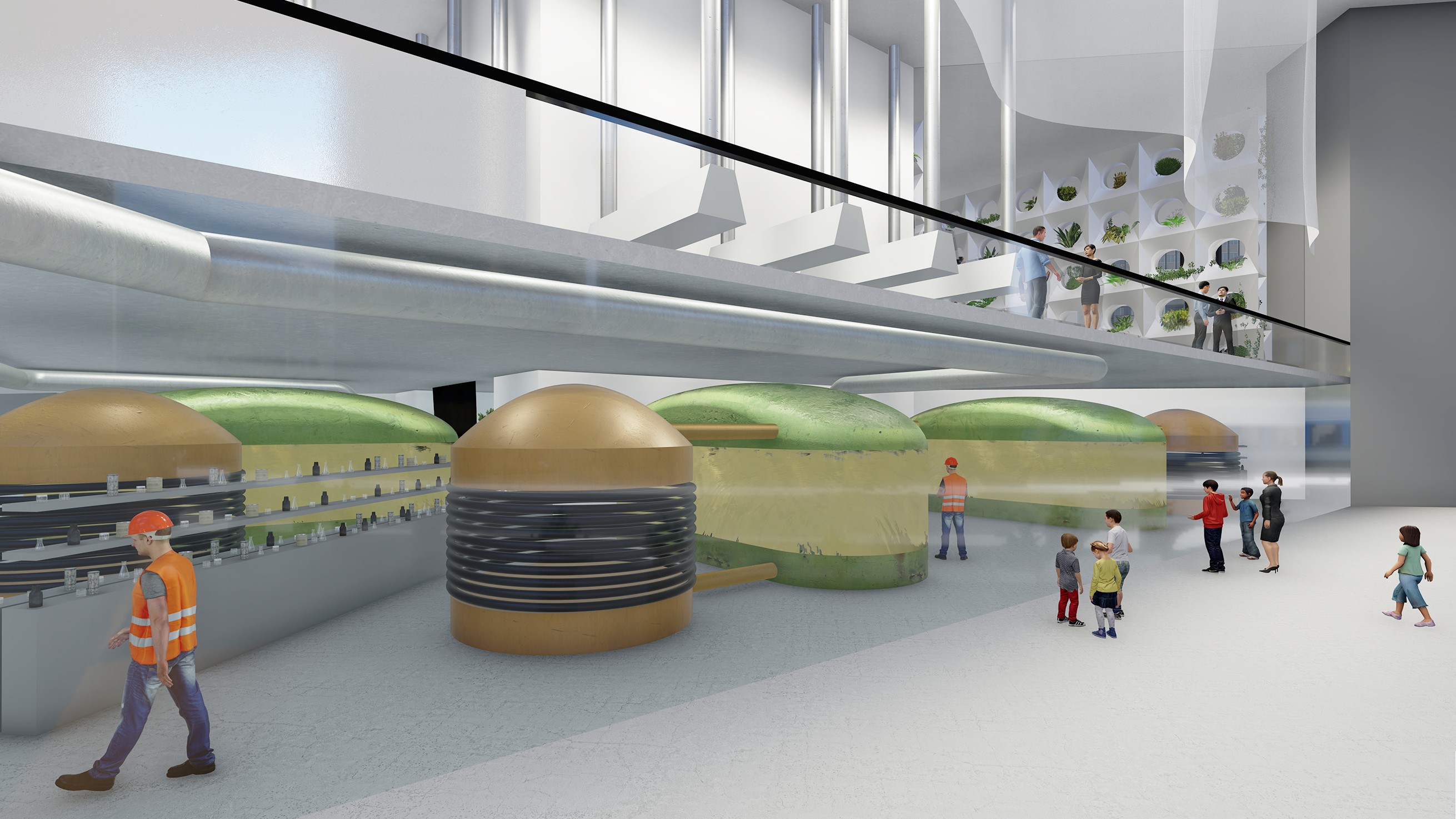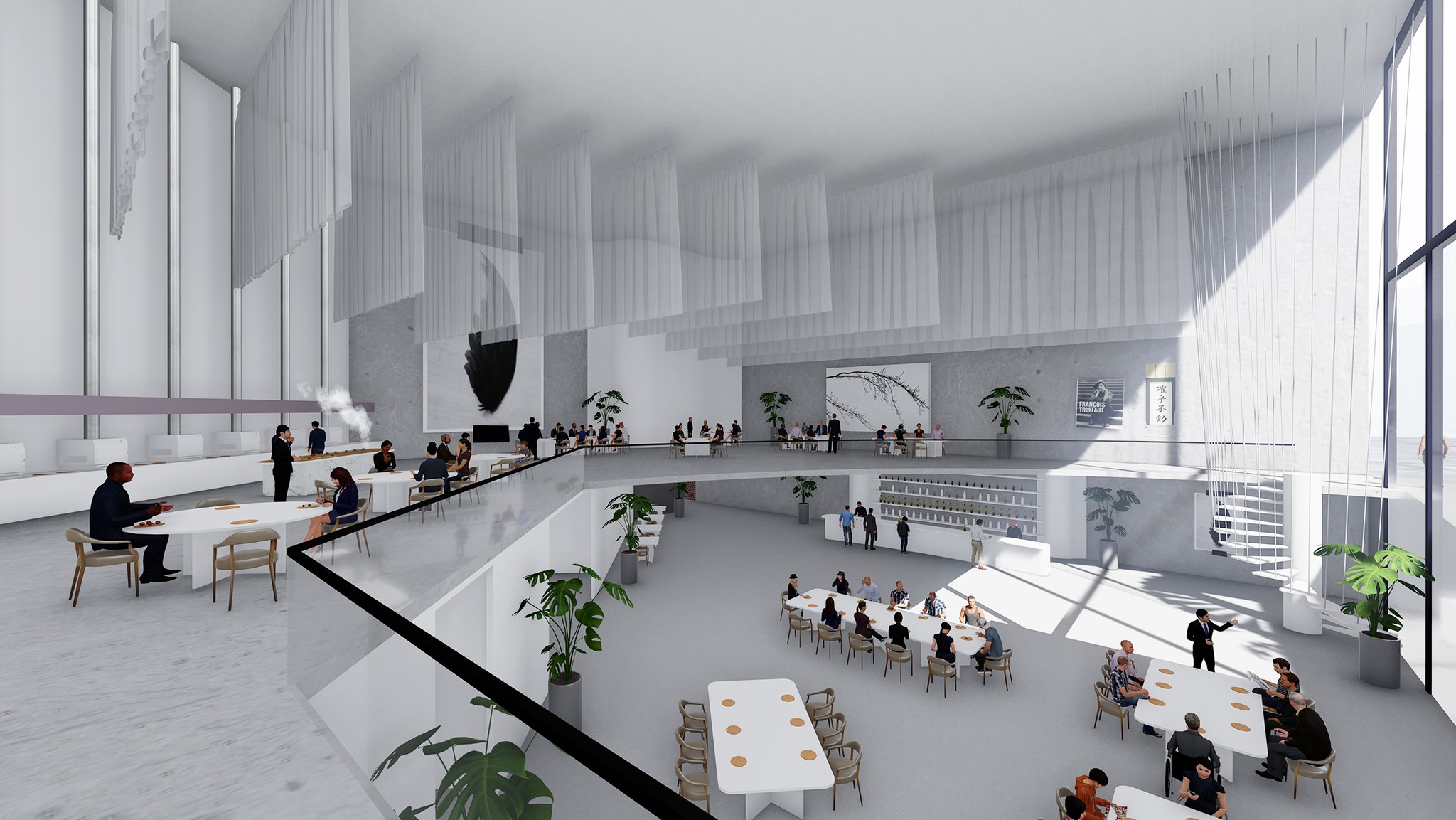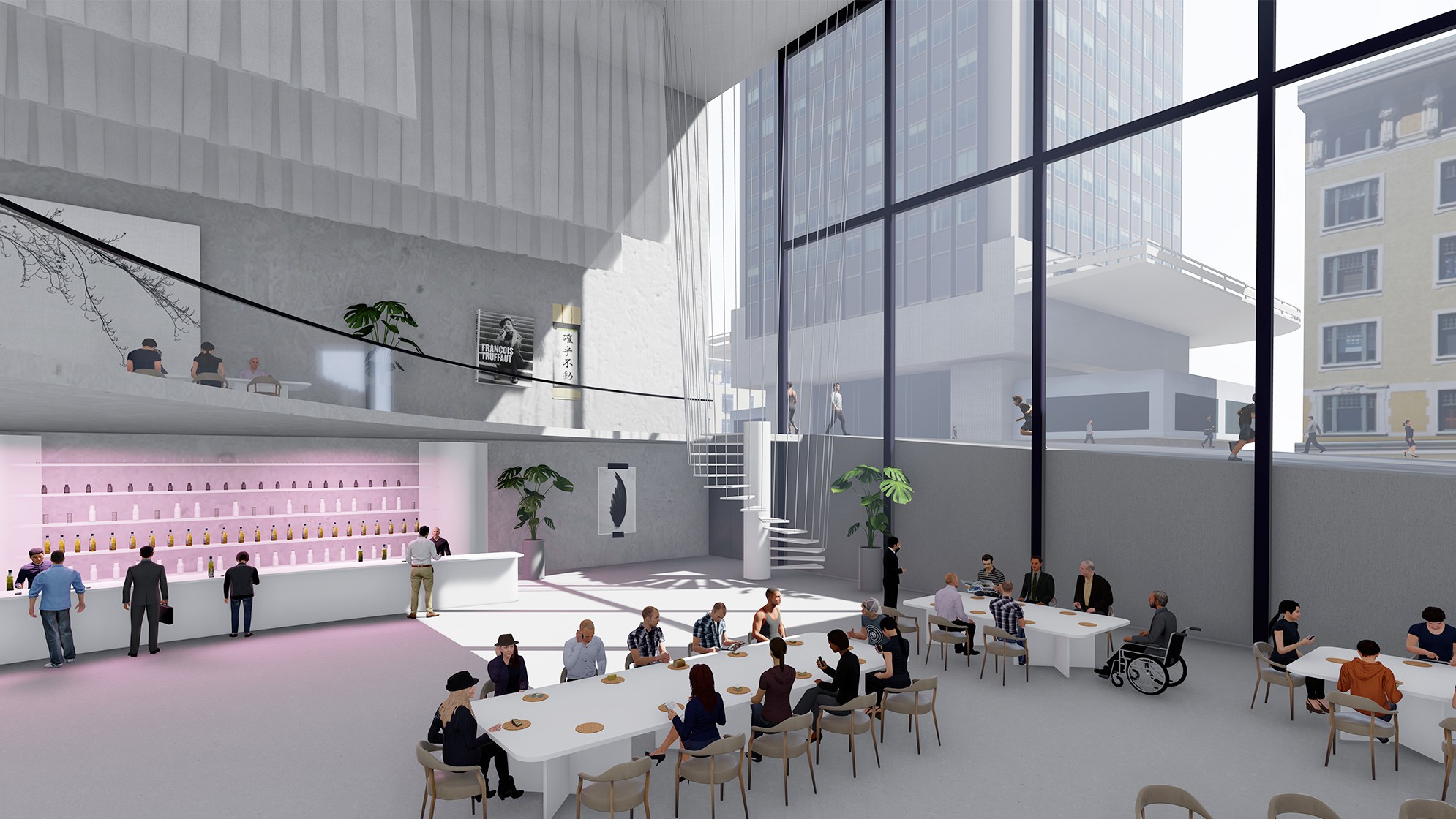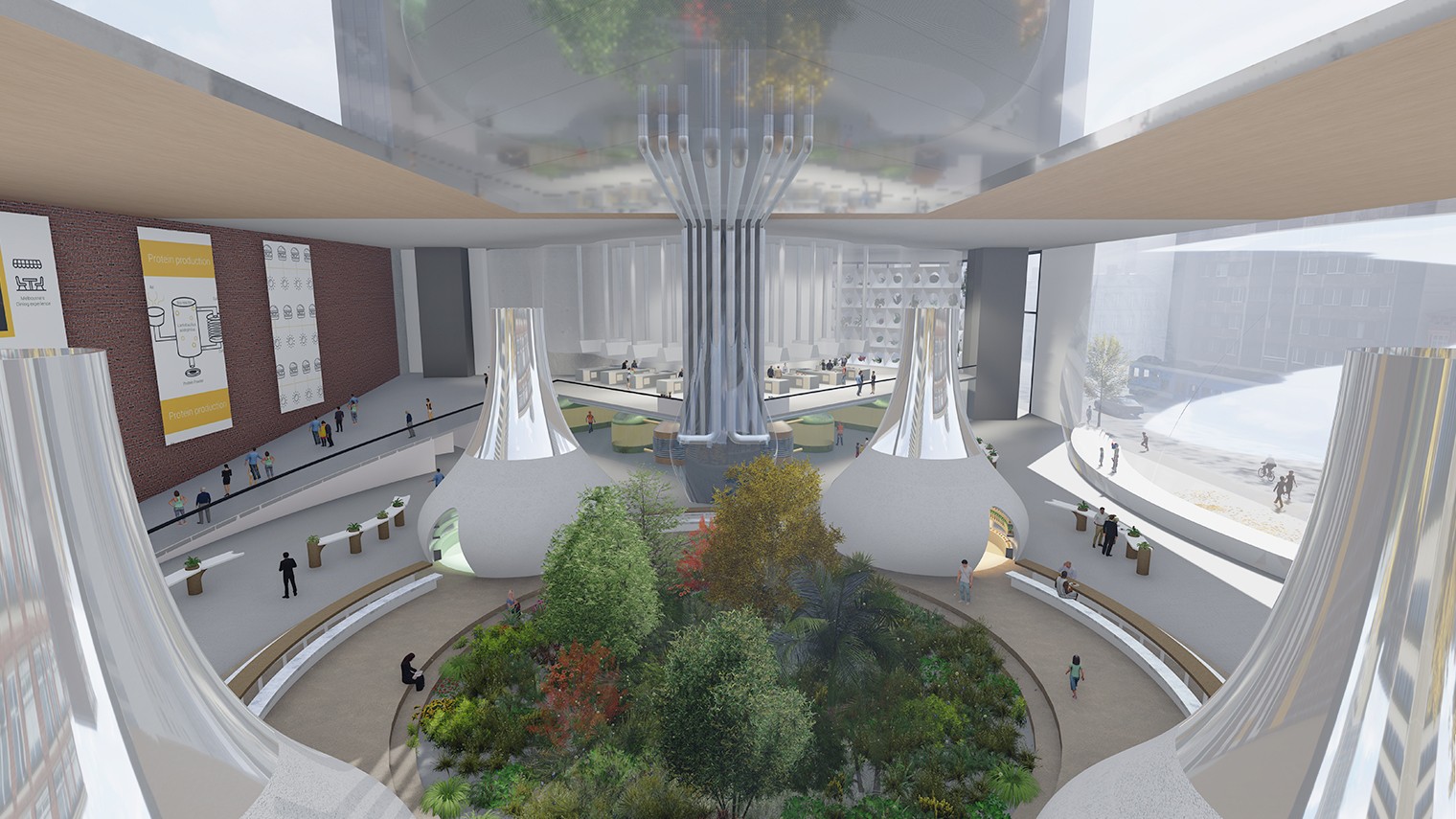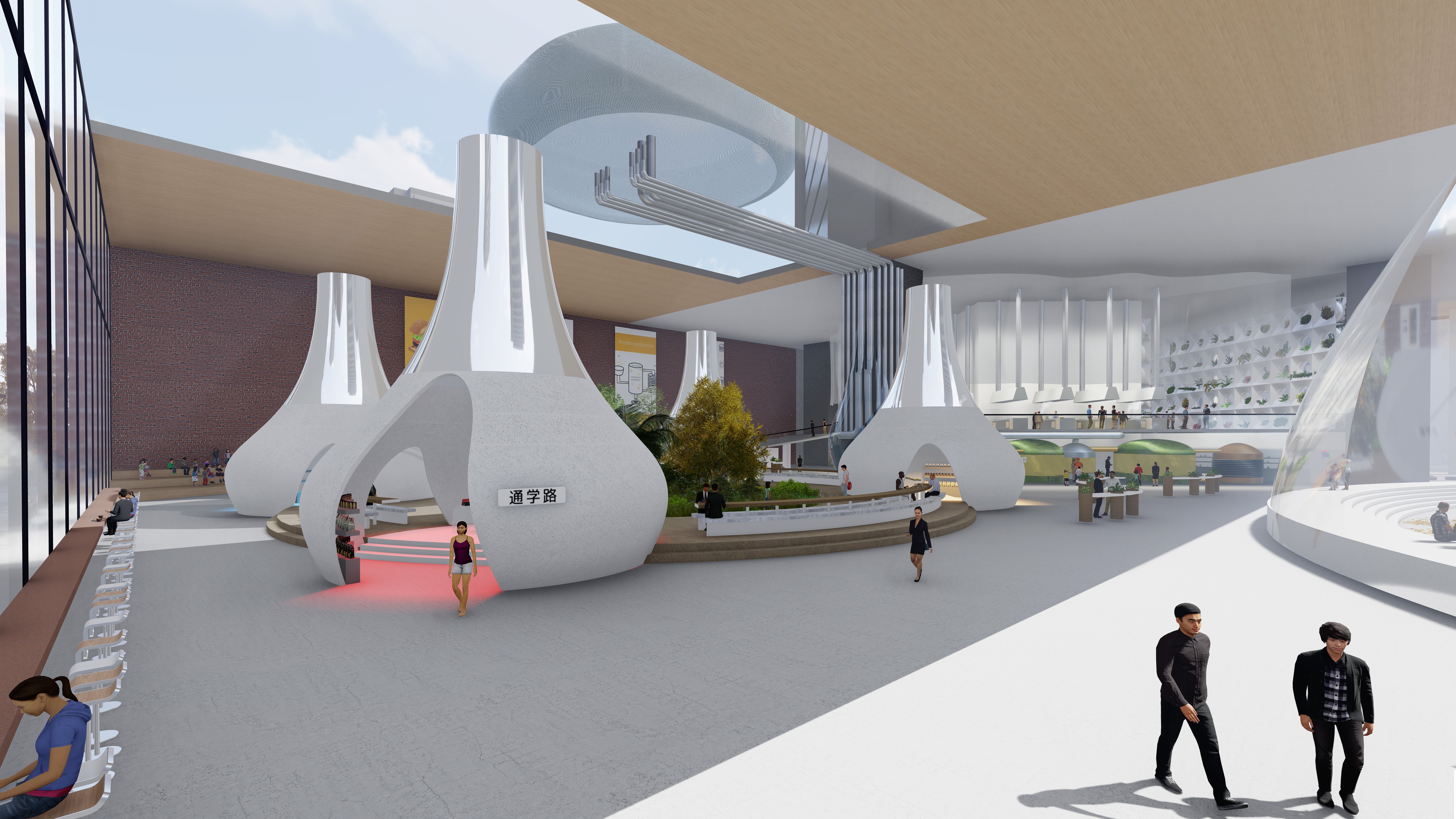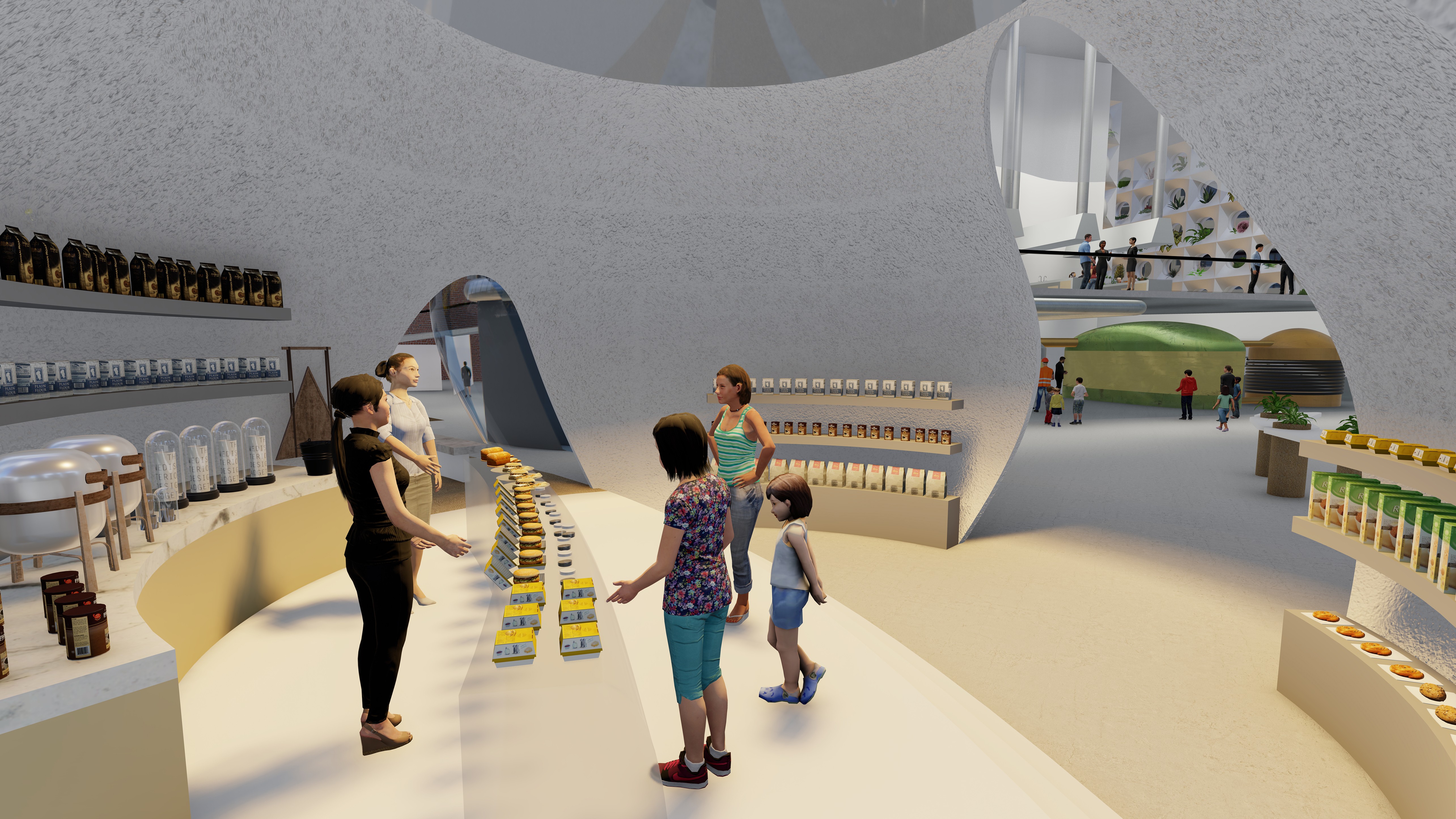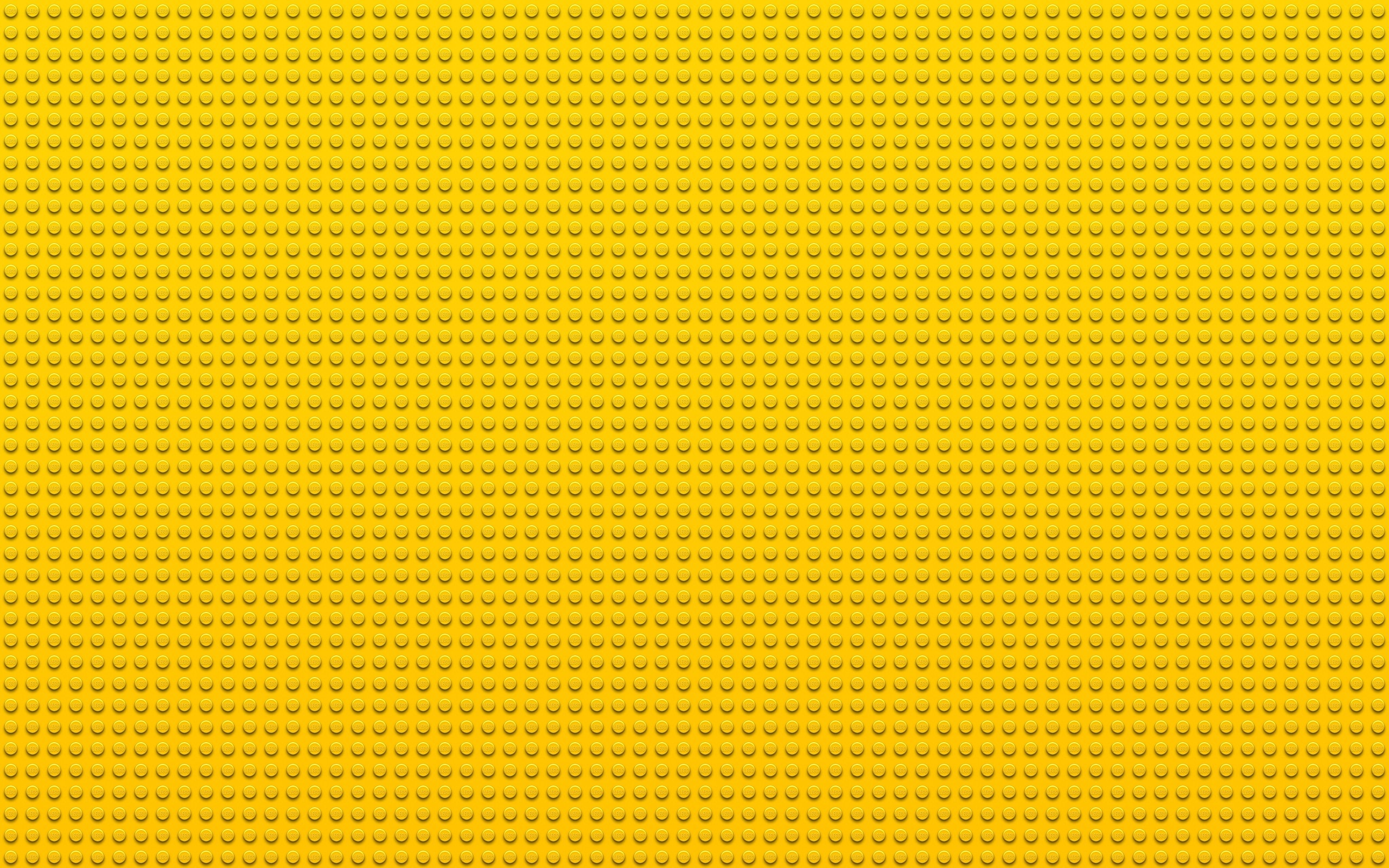2018
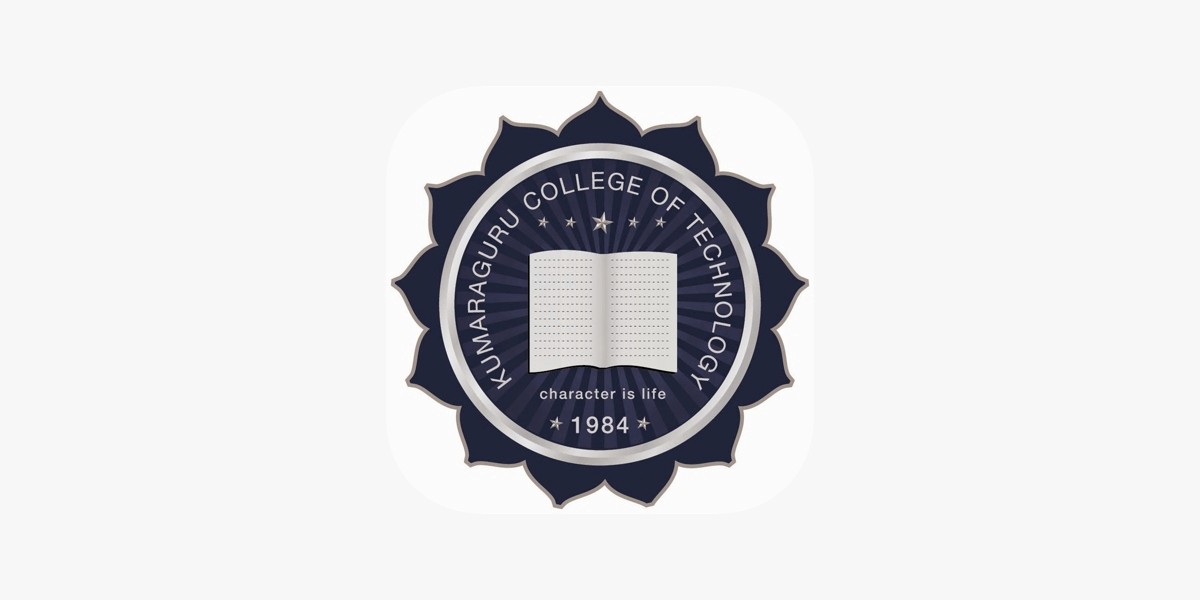
Statistics
42 projects involving 200 students
10 patented projects since 2018
19 papers published in the past 2 years
02 Projects incubated and developed into commercial products;
- Bliss Natural pads: A student-run business from Coimbatore produces organic feminine hygiene products, particularly 100% decomposable sanitary napkins made of kenaf fibre for hygienic and safe menstruation.
- 2 Pi: an e-vehicle for the differently abled funded by the Government of India and in the process of commercial production and distribution based out of Coimbatore.We set up the Natural Fiber Research Center in KCT as an outcome of the Bliss Natural pads project.
Responsibilities
To create a system and place that is both accessible and affordable for students to participate in multidisciplinary teams for problem-solving, experimentation, and research
To serve as a mentor for students in the technical writing, publishing, prototyping, communication design, and patenting processes.
An innovative, cross-disciplinary peer learning group in the context of the college that could delve beyond the curriculum.
A system that might help projects shift from ideation to commercialization.
Need
Being an alumnus of the Kumaraguru College of Technology, I am familiar with the research culture among Indian students and the need for a multidisciplinary support system within educational institutions that can initiate, nurture and provide a platform for young minds to be mentored, incubate new ideas and collaborations into products, services, and systems on a commercial scale rather than ending up in shelves.
Brief
Ré aspires to inspire students by cultivating and promoting multidisciplinary research and exploratory culture within the KCT student body. The KCT Platform for Research and Exploration (Ré) is a start-up that was co-created and is managed by students with the intention of fostering a research culture among the student body. Every year, Ré provides technical assistance and financial support for several student initiatives. By mentoring, directing, and fostering students' research projects aimed at solutions, the Ré team aspires to offer technical answers to global challenges. Through the combined efforts of various KCT research forums, including iQube, Garage, CEAD, and Forge, students receive ongoing mentoring.
Approach
Phase 1:
The College management provided a briefing on the issues and requirements of the student community before the conversation got underway. By compiling crucial data from every department, we were able to pinpoint the decline in the proportion of project outcomes among the student body. Then, in order to identify the systemic problems impeding the ideation to the prototype process, we conducted our qualitative and quantitative study by interviewing professors, department heads, PhD candidates, and student reps, as well as by polling the student body.
Phase 2:
a. Journey Mapping
Through primary research, we mapped the ideation to the prototyping journey of a student within the institution, which helped us identify the key pain points to be addressed.
b. Clustering and theme
c. Brainstorming and root cause analysis
d. Deducing key opportunity areas.
Phase 3:
a. Final briefing and ideating the initial plans
b. Building the design visions and hypothesis
c. Prototyping to test the potential solutions
d. Reiterating and following the loop to refine the design
Phase 4:
Implementation and refining for the long run with 1,3 and 5-year plans. Worked with student representatives and hired a student team to run the research cell. Trained them for 6 months and we co-designed the work nature, community ethics and responsibilities.
Currently, ré is a self-sufficient student-run research and exploration platform that supports student projects from ideation to product launch.
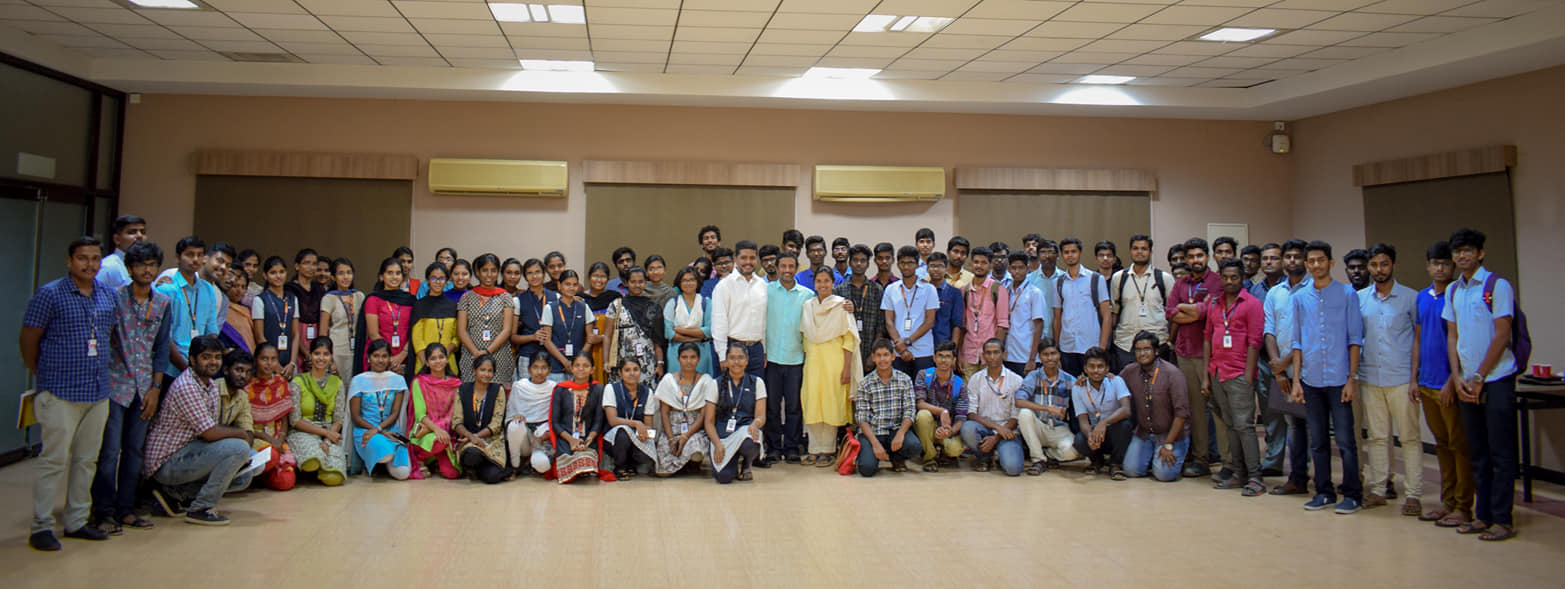
Concluding thoughts
I'm proud to have been a member of the ré team that raised AUD 60,000 and produced a process-driven student research forum in less than six weeks. Through project financing, coaching, and a peer support structure, Ré has been self-sufficient and now supports 200 students yearly.
